Overview
Tribal Chiefs Ventures Inc. received $160,000 in grant funding for the completion of a capacity building and knowledge exchange initiative that will form the basis of a Climate Adaptation Plan.
This project was funded by the Government of Alberta, through the Municipal Climate Change Action Centre’s Climate Resilience Capacity Building Program.
Approach
Tribal Chiefs Ventures Inc. (TCVI) is a federally recognized not-for-profit tribal council which supports six member First Nation communities in Northeastern Alberta: Frog Lake First Nation, Cold Lake First Nations, Kehewin Cree Nation, Whitefish Lake First Nation #128, Beaver Lake Cree Nation, and Heart Lake First Nation.
This project was completed to outline specific strategies to enhance resilience against changing climate conditions to safeguard cultural practices and protect vital resources in the member Nations.
The project team analyzed climate data for the region along with data from local weather stations. Community members and Elders shared their lived experiences of the changing climate to support the identification of risks and opportunities. The ‘Two-Eyed Seeing’ approach to this project integrates climate data with traditional knowledge and lived experience to address climate challenges most effectively.
In each of the six First Nations, TCVI engaged with community members on several occasions. In total, 18 meetings in single, family, and group formats were held. During these engagement sessions 70 Elders from all six First Nations were consulted for their knowledge on the climate, which included traditional ecological knowledge
Results
Participants from all six member Nations identified a wide range of climate impacts on local infrastructure, water resources, health and safety, and local economies. The three primary risks were reduced lake water levels, wildfires, and loss of traditional medicines and cultural practices.
TCVI First Nations are facing increasing climate hazards, such as more frequent and severe wildfires as a result of warmer and drier weather. Changes in weather patterns often cause interruptions to traditional activities like hunting and gathering. In some Nations, water scarcity due to lowering water level in the lake has imposed greater risk to drinking water supply.
To understand how traditional medicines may be impacted by climate change, a medicine picking program was set up. In Frog Lake First Nation, Kehewin Cree Nation, and Beaver Lake Cree Nation, multiple boat trips were conducted on the lake with Elders to better understand changes to water quality and quantity due to climate change.
The project team learned that building resilience involves supporting community-led actions to lessen the effects of climate change and protect their way of life, such as revitalizing cultural practices and developing emergency response plans specific to each Nation.
Benefits
The in-depth engagement ensures that local knowledge and priorities are taken into account, promotes ownership over the results, and enables local community members to take an active part in adaptation planning.
Ultimately, this initiative helped each of the member Nations to proactively navigate the impacts of climate change and work to secure a sustainable future for generations to come.
We are immensely proud of our TCVl’s Six-member First Nations communities’ active engagement in climate change and knowledge sharing initiative. Through our collective efforts, we have harnessed our ancestral wisdom and modern knowledge to safeguard our land, culture, and future generations. The project stands as a testament to our resilience, unity, and commitment to embracing sustainable solutions that honor our traditions while embracing innovation.
Chief Stan L. Houle, Whitefish Lake First Nation #128
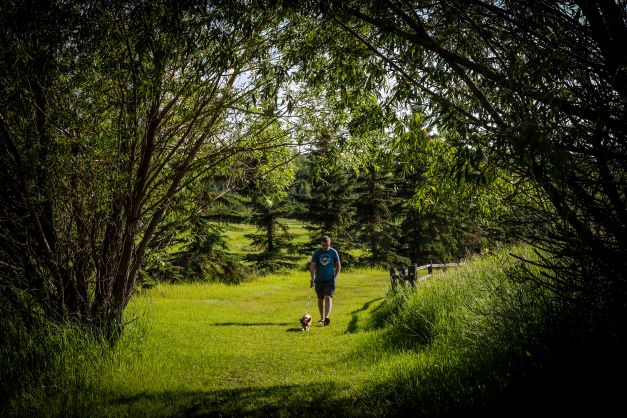
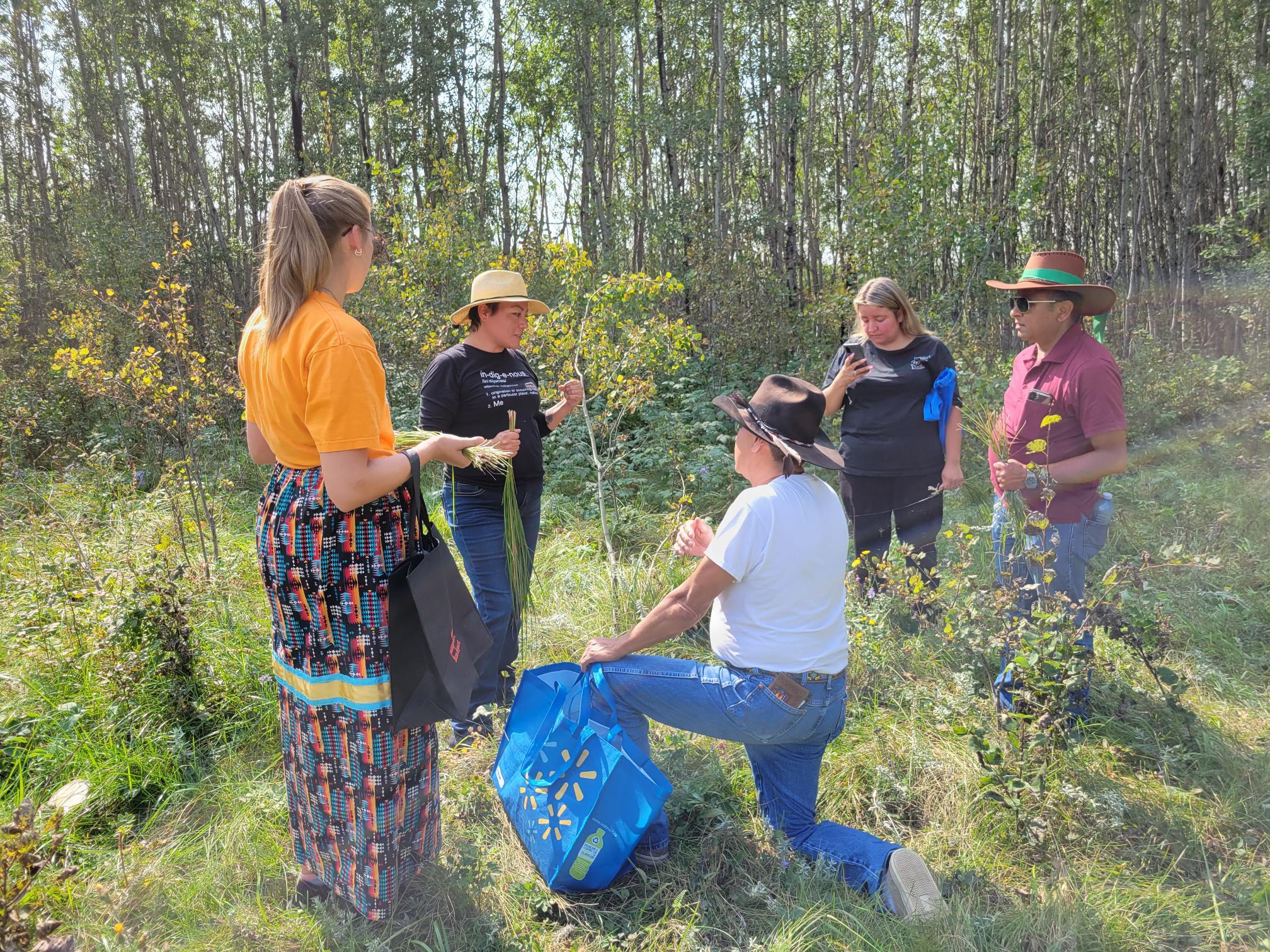
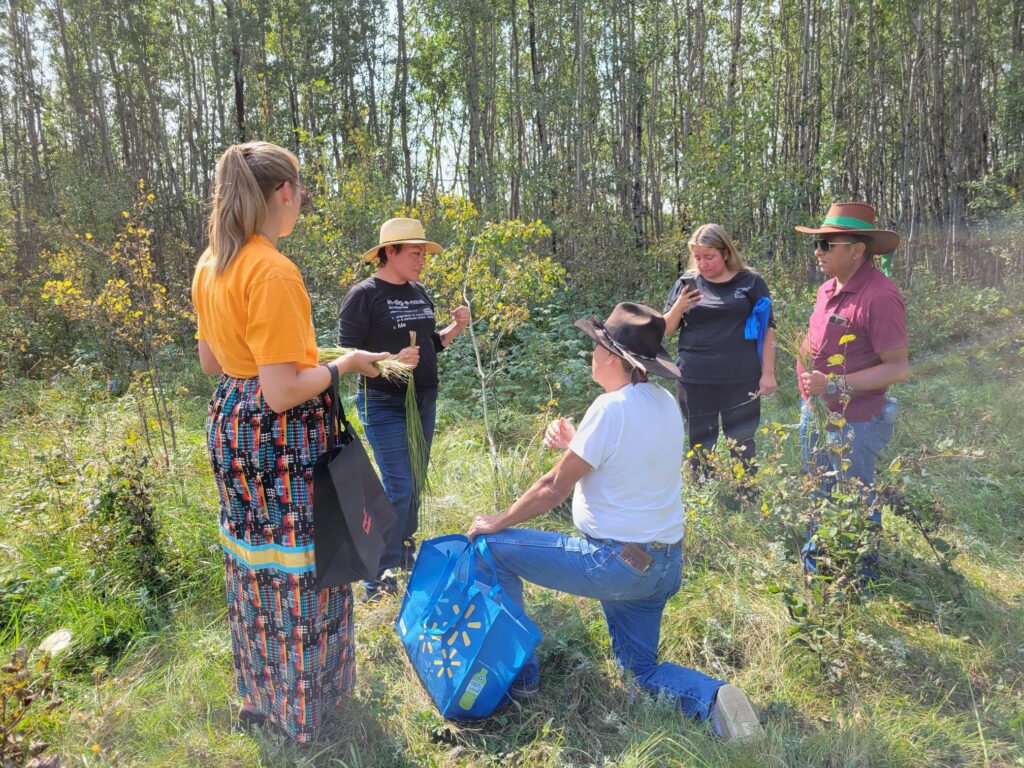
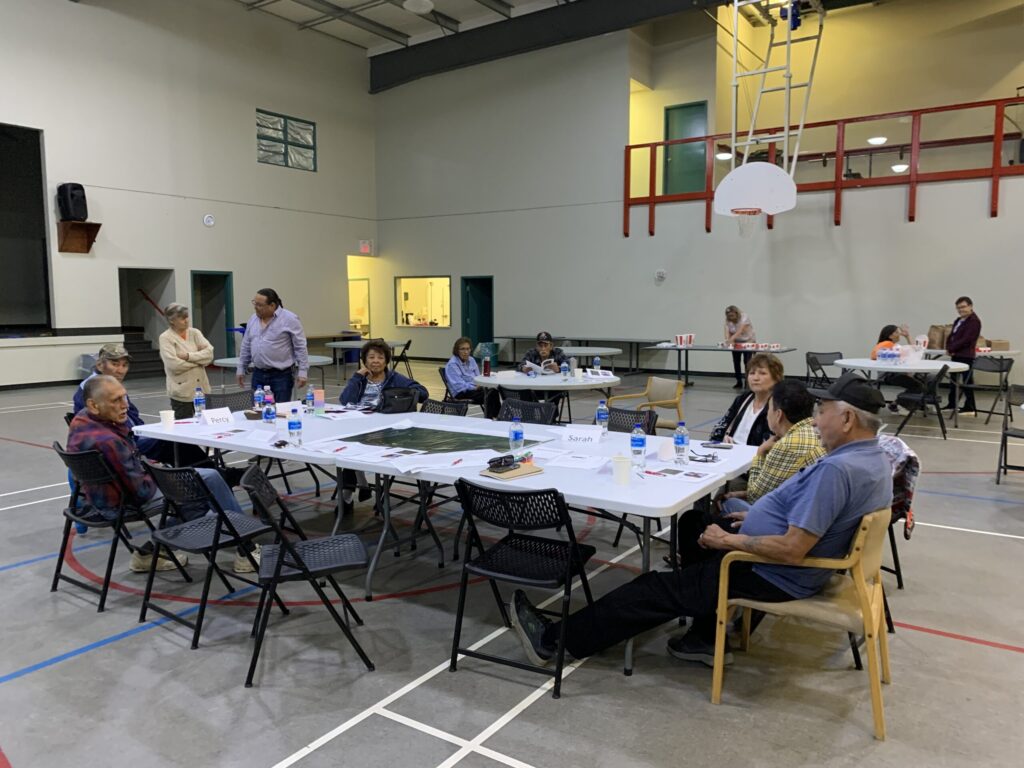
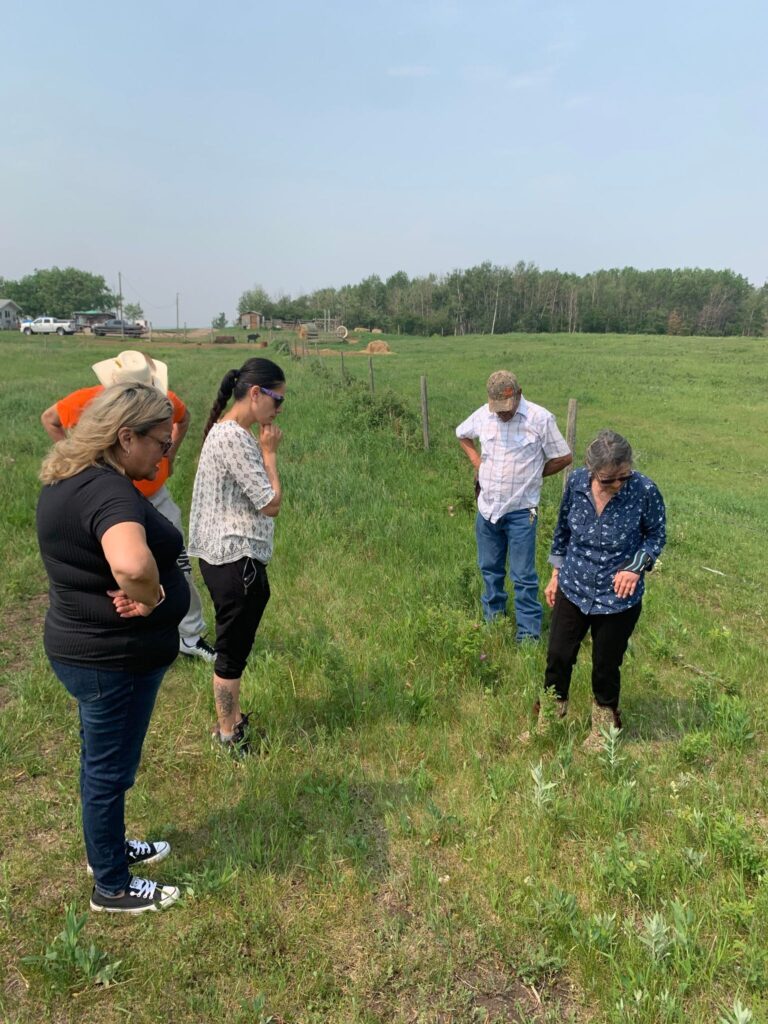
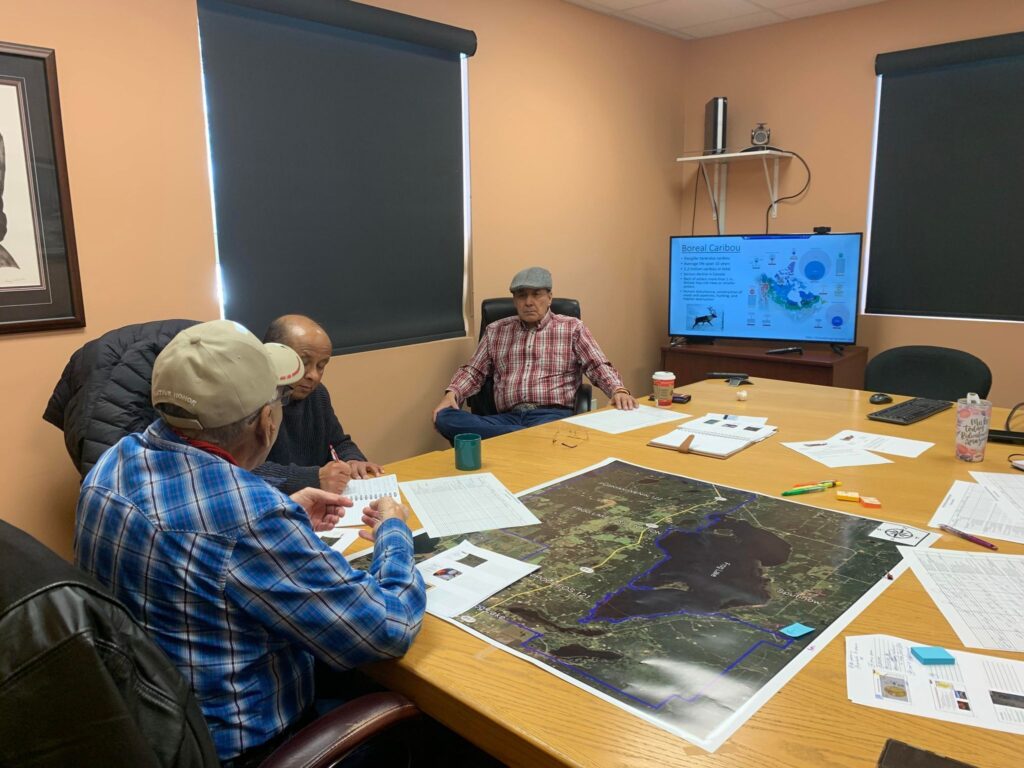
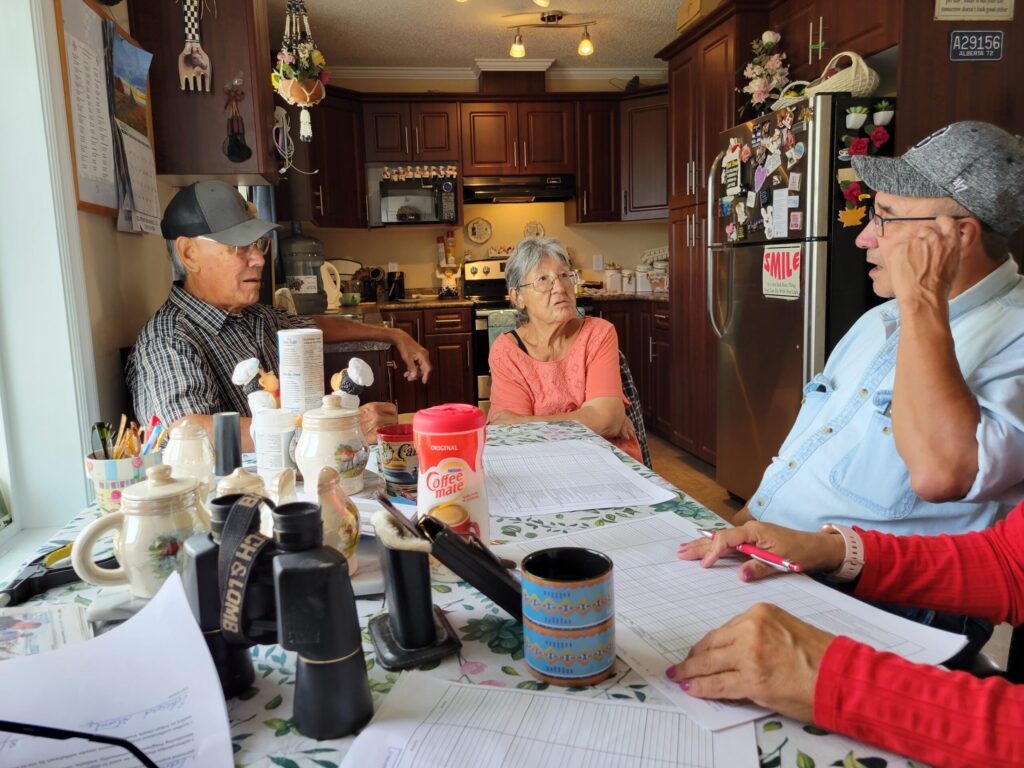
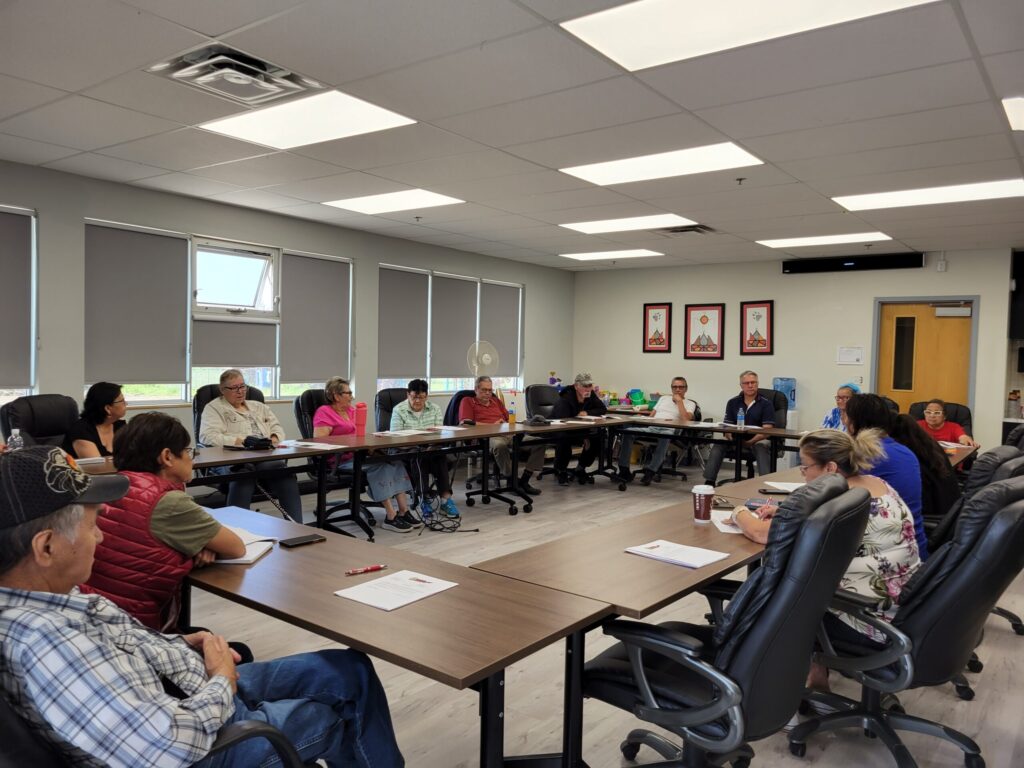

You must be logged in to post a comment.